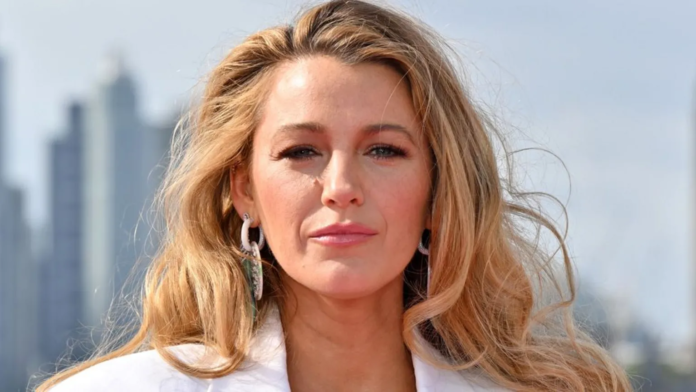Actress Blake Lively has recently been in the spotlight, not for her acting skills or personal life, but for a legal case she has filed against her co-star and director Justin Baldoni.
Lively claims to have suffered sexual harassment by Baldoni during the filming of their movie “It Ends With Us”. She alleges that when she raised the issue, Baldoni and his studio retaliated by launching a campaign to tarnish her reputation.
According to Lively’s legal team, there was a sophisticated and coordinated effort to silence her, involving a weaponized digital army and the spread of fake stories to the media.
Text messages between Baldoni’s publicist and a crisis communications specialist reveal the tactics used to manipulate social media and create negative publicity around Lively.
Baldoni’s representatives deny these allegations, stating that they were prepared for any scenario but did not implement a smear campaign against Lively. They argue that the negative publicity she received was a result of her own actions and interactions during the promotion of the film.
The case has sparked a conversation in Hollywood about the use of crisis communications experts to influence public opinion and manipulate media narratives. While it is not uncommon for PR firms to engage in such tactics, the transparency of these actions in Lively’s case has raised eyebrows.
Support for Lively has poured in from her colleagues and friends in the industry, with actress Amber Heard, who has experienced similar social media backlash, expressing her solidarity.

